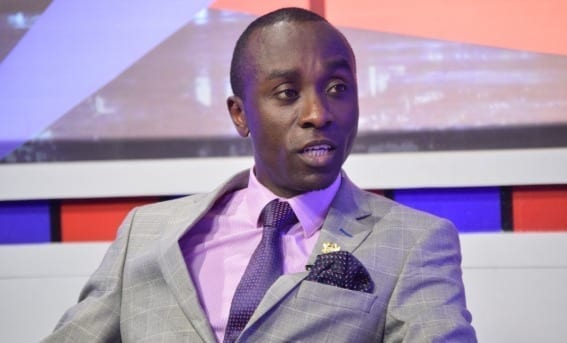The recent allegations made by Owusu Bempah, a prominent figure within the New Patriotic Party (NPP), accusing the opposition party of orchestrating an intrusion into UTV studios, have stirred a tempest in Ghana’s political arena. While the claims are under investigation, the broader concern arises: What if the balance of power shifts in 2024, and those currently accused find themselves on the other side? How will such allegations impact the dynamics of political discourse in the country?
Owusu Bempah’s accusations have raised eyebrows not only due to their gravity but also for the potential long-term consequences they may carry. Accusing the opposition of sending individuals to disrupt media operations implies a disregard for democratic principles, especially the freedom of the press. It’s crucial to consider the repercussions of such rhetoric on the future political landscape.
One concern is the potential erosion of trust in the democratic process. If, indeed, the accusations are proven false or unfounded, it could undermine the credibility of political figures like Owusu Bempah and, by extension, the NPP. In a democracy, healthy skepticism and accountability are vital, but unfounded accusations risk eroding public faith in the political system.
Moreover, the specter of retribution looms large. In a political climate where power transitions are a regular occurrence, today’s accuser may become tomorrow’s accused. If the opposition gains power in the 2024 elections, how might they respond to such allegations? Will there be a push for investigations and potential legal consequences for those who made the accusations?
The incident underscores the importance of fostering a political culture based on dialogue, respect for democratic institutions, and a commitment to the rule of law. Accusations that go beyond the realm of healthy political competition risk perpetuating a cycle of animosity that could hinder the nation’s progress.
As Ghana approaches the 2024 elections, it becomes crucial for political leaders to reflect on the impact of their words on the nation’s democratic fabric. The electorate is watching closely, and the tone set today will likely reverberate in the dynamics of political discourse for years to come. It is in the interest of all parties involved to prioritize constructive engagement over inflammatory rhetoric, ensuring a healthier and more resilient democratic system for the future.
Article by: Nana Kwaku Duah





